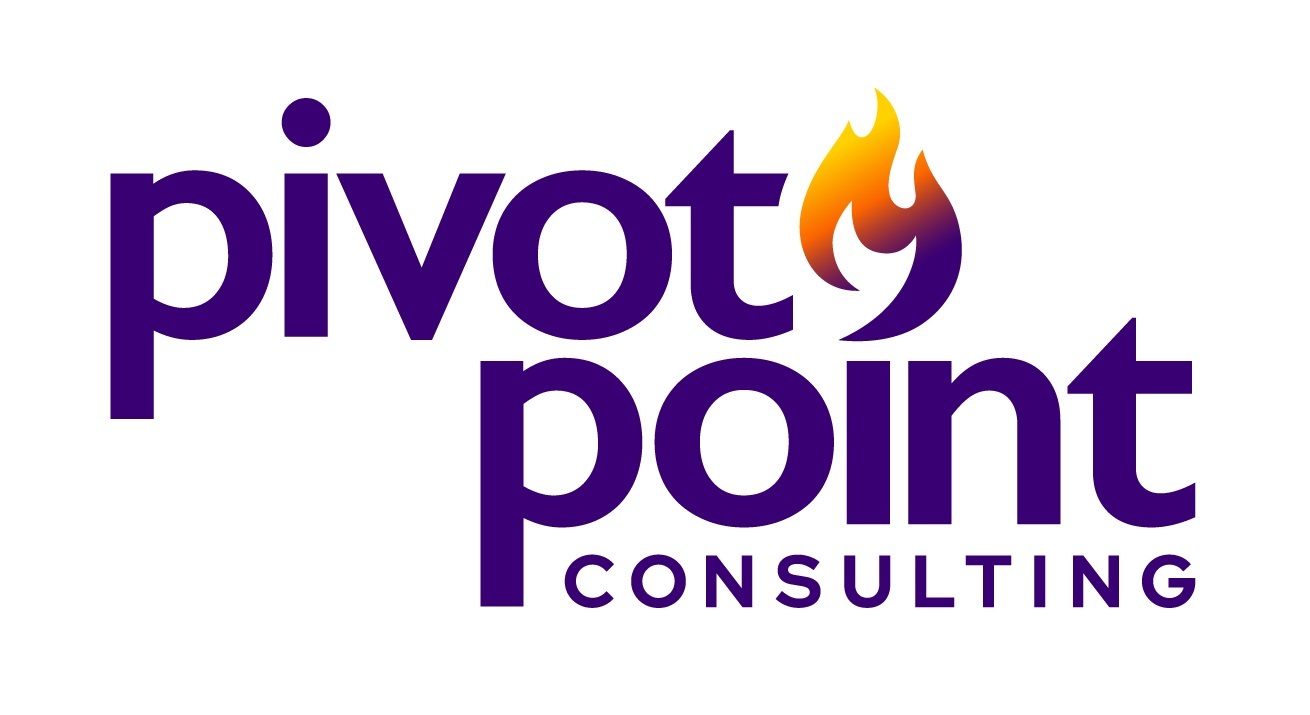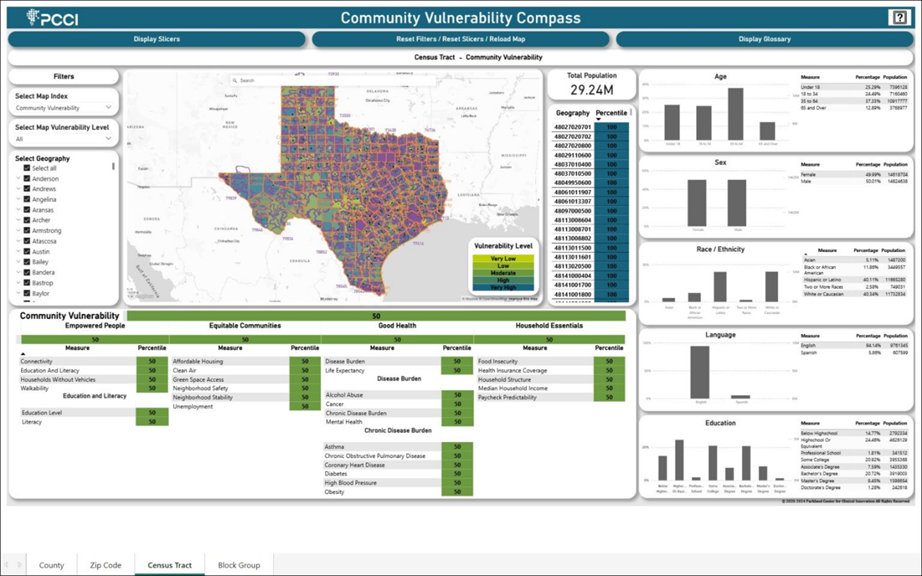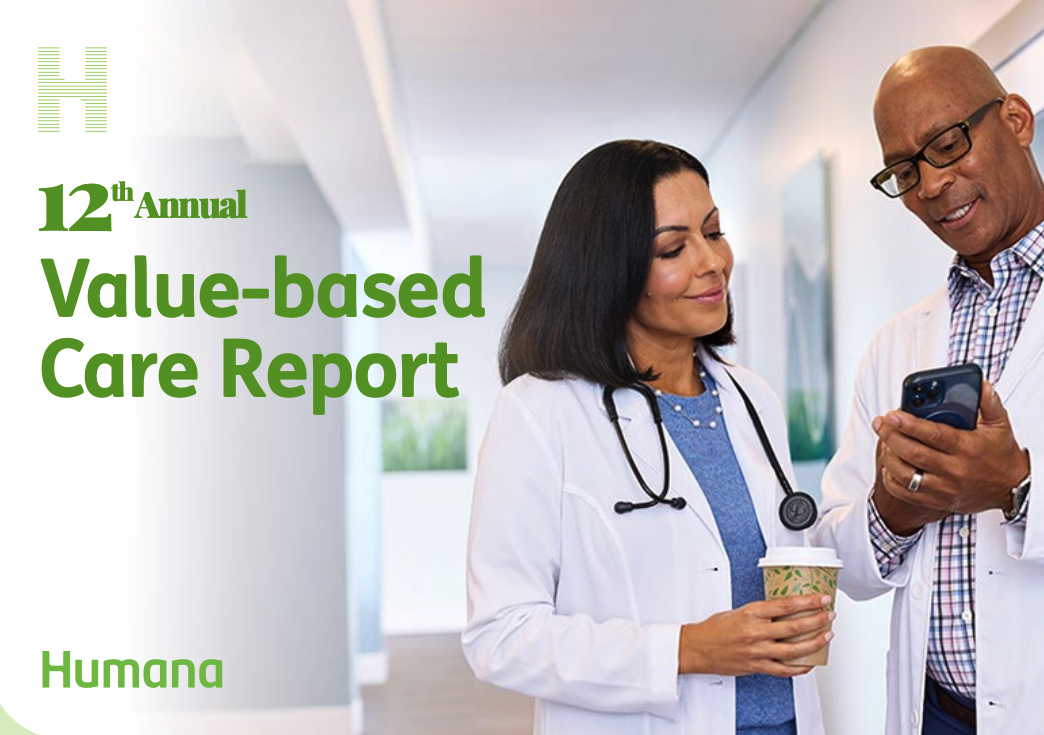From my experience working with healthcare providers and payers, there’s one thing that stands out to me: the most important insights for compliance are almost never in the data fields you expect. Instead, they’re buried somewhere in the mounds of clinical data amassing in healthcare every day. As a practicing radiologist, I see firsthand just how much of the most meaningful information never makes it into traditional reporting. In my experience working with payers and providers, the difference
Read More
Population Health Management (PHM) in Healthcare | News, Analysis, Insights - HIT Consultant
Pivot Point Consulting Partners With Microsoft Rural Health Resiliency Program for Dragon Copilot Deployment
What You Should Know
The Partnership: Pivot Point Consulting has partnered with the Microsoft Rural Health Resiliency Program to deploy Microsoft's Dragon Copilot AI to resource-strapped rural healthcare providers.The Financials: To remove the cost barrier of enterprise-grade AI, Microsoft is offering a staggering 60% discount off MSRP to eligible independent Critical Access Hospitals, Rural Emergency Hospitals, and Rural Community Hospitals.The Technology: Dragon Copilot is an advanced AI
Read More
Managing Migraines and Diabetes? Theranica Proves Migraine Wearable is Safe to Use with CGMs
What You Should Know
Theranica announced the publication of a peer-reviewed compatibility study in the Journal of Clinical Medicine. The study demonstrated that the Nerivio Remote Electrical Neuromodulation (REN) wearable can be safely used at the same time as common Continuous Glucose Monitoring (CGM) systems.The concurrent use of these devices does not disrupt glucose measurement accuracy.In the United States, an estimated 4.5 million people live with both diabetes and migraines. The study
Read More
CMS Updates MIPS for 2026: Administrative Claims, TEFCA Bonuses, and AI Safety Measures
MIPS (Merit-based Incentive Payment System), a Medicare program that rewards clinicians for delivering high-quality, cost-efficient care, is by nature an evolving entity.
Much the way healthcare continually changes as new knowledge, treatments, and technologies modify past practices, MIPS is ever-changing, with program updates, revisions, and new requirements.
While these changes are well-intentioned and support value-based healthcare, they don’t necessarily make it easier for
Read More
4 out of 5 Rural Texans Face a “Life-Threatening” Chronic Disease Crisis, PCCI Data Shows
What You Should Know
The Finding: An analysis using the Parkland Center for Clinical Innovation’s (PCCI) Community Vulnerability Compass (CVC) reveals that four out of five rural Texans live in communities highly vulnerable to life-threatening chronic diseases.The Distinction: Rural vulnerability is structurally different from urban vulnerability. While urban challenges are often driven by environmental exposures and behavioral risks, rural vulnerability is deeply tied to entrenched clinical
Read More
Achieving Independence: Navigating the Landscape of Advanced Mobility and Recovery Support
Restoring mobility after significant injury, illness, or limb loss is a profoundly personal journey. For individuals facing complex mobility challenges, evaluating specialized care standards can be daunting. How do you know which programs, clinics, or technologies are truly equipped to support advanced recovery? Understanding what constitutes high-quality care is essential for making informed decisions that foster independence and well-being.
Defining Specialized Care in Mobility
Read More
TrumpRx.gov Launches with 80% Discounts on Ozempic and Wegovy
What You Should Know
The Launch: President Trump has officially launched TrumpRx.gov, a consumer-facing digital portal that allows patients to access "Most-Favored-Nation" (MFN) pricing on high-cost drugs. The initial rollout features deals with five major manufacturers: AstraZeneca, Eli Lilly, EMD Serono, Novo Nordisk, and Pfizer.The Prices: The platform delivers massive price cuts on blockbuster GLP-1 weight loss and diabetes drugs. Ozempic and Wegovy will drop from over $1,000/month to as
Read More
The Interoperability Bridge: How HIEs Secure CMS 2026 Compliance for Payers
As healthcare costs continue to increase and patients demand more from their insurance coverage, there’s rising pressure to provide higher-quality care more efficiently than ever before. The expectations for healthcare payers to achieve the Triple Aim objectives—that is, better patient experiences and improved population health at lower costs—demand that we all become more resourceful in our approach to care.
It's clear that health plans and hospital systems can’t achieve these ambitious
Read More
The ‘Volume’ Era is Dead: Humana Data Proves Value-Based Care Cuts Admissions by 24%
What You Should Know
The Report: Humana’s newly released Value-Based Care By the Numbers Report, reveals that Medicare Advantage members in value-based care (VBC) arrangements are seeing significantly better outcomes than those in traditional models.The Data: The impact is measurable and massive: VBC patients experienced 24.3% fewer hospital admissions and 13.4% fewer emergency room visits in 2024.The Shift: The report validates the industry's transition from "reactive" fee-for-service
Read More
Hepatitis B Reform Should Start with Maternal Care
The Advisory Committee on Immunization Practices’ decision to move away from recommending the universal hepatitis B at birth is being framed as a scheduling change, but it exposes a deeper problem: for more than 30 years, the United States relied on vaccinating millions of low-risk infants instead of building system that identified and cared for the small number of women who along with their babies were truly were at risk. This was performative compassion—a universal policy that looked equitable
Read More










